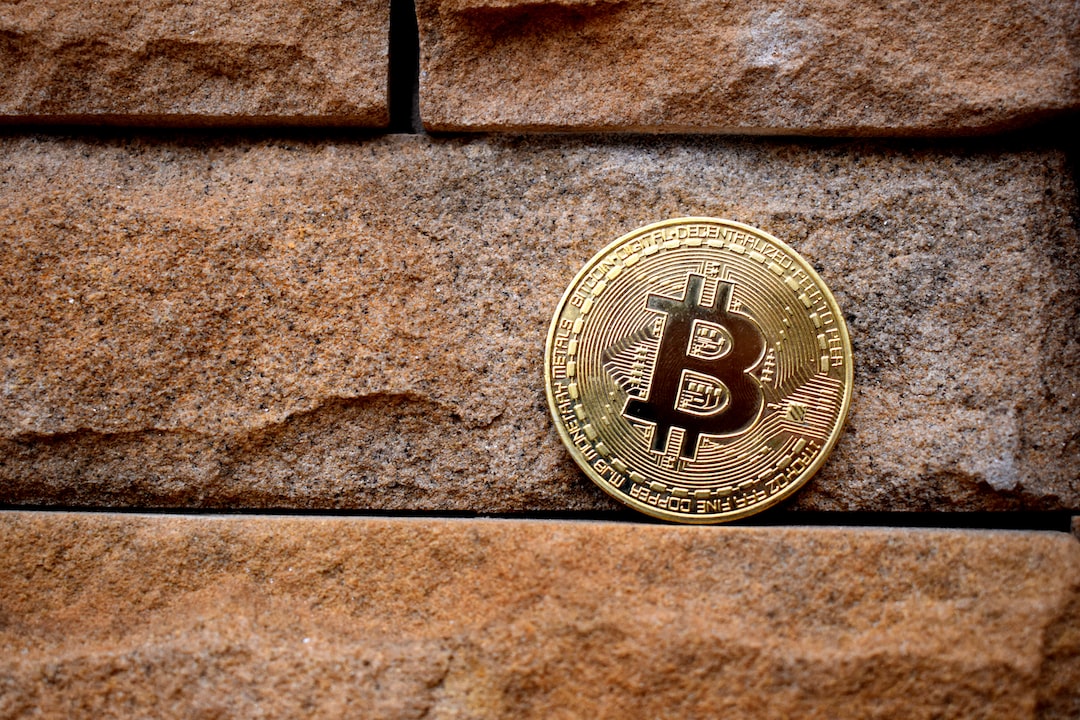EOS Coin’s Impact on Decentralized Applications: Unlocking New Possibilities
Are you curious about the potential of decentralized applications (DApps)? Exciting advancements in the world of cryptocurrencies, particularly EOS Coin, have opened doors to a new era of possibilities. In this article, we will explore how EOS Coin is revolutionizing the world of DApps, empowering developers and users like you in ways never seen before.
The EOS Coin is a cryptocurrency that operates on the EOS blockchain platform, which aims to provide a highly scalable and efficient infrastructure for creating and running decentralized applications. Unlike other blockchain platforms, EOS offers a unique combination of speed, scalability, and flexibility, making it an ideal choice for developers looking to build DApps that can handle millions of users and transactions.
What sets EOS Coin apart is its delegated proof-of-stake (DPoS) consensus mechanism. It allows token holders like you to vote for block producers who secure the network and validate transactions. This democratic approach ensures that the network remains decentralized while maintaining high transaction speeds. By holding EOS Coins, you become an active participant in the decision-making process, giving you a sense of ownership and control over the platform.
One of the biggest advantages of EOS Coin is its ability to address the scalability challenges faced by other blockchain platforms. With traditional blockchains like Bitcoin and Ethereum, scalability becomes a major bottleneck as more users join the network. Slow transaction speeds and high fees become a hindrance to widespread adoption.
But with EOS Coin, you can experience a whole new level of scalability. The EOS blockchain can process thousands of transactions per second, significantly faster than existing platforms. This means DApps built on EOS can handle massive amounts of data and user interactions without sacrificing speed or efficiency. Imagine a social media platform that can handle millions of users simultaneously without any lag or delays. EOS makes it possible.
Another fascinating aspect of EOS Coin is its smart contract capabilities. Smart contracts are self-executing contracts with the terms of the agreement directly written into lines of code. They automatically execute when predefined conditions are met. Ethereum introduced smart contracts, but EOS takes it to the next level.
With EOS Coin, you can create complex smart contracts using a variety of programming languages, making it more accessible to developers with different skillsets. Additionally, EOS offers parallel processing, meaning multiple smart contracts can be executed simultaneously, enhancing performance and efficiency.
Building DApps on EOS Coin also eliminates transaction fees for users. Unlike other platforms where each transaction requires a small fee, EOS Coin provides resources like bandwidth and storage proportional to the number of EOS Coins held. This resource model allows developers to integrate microtransactions into their DApps seamlessly, empowering new business models and revenue streams.
Moreover, EOS Coin encourages developers to build secure and bug-free applications through its bug bounty program. Developers who identify and report vulnerabilities or bugs in the EOS ecosystem are rewarded with substantial bounties, ensuring a higher level of security and reliability for DApps.
In conclusion, EOS Coin has the potential to unlock a new era of decentralized applications. Its speed, scalability, flexibility, and democratic governance make it a powerful platform for developers and users like you. Whether you are interested in building innovative DApps or experiencing the benefits of a fast and fee-less decentralized application, EOS Coin opens doors to unparalleled possibilities.
—
Frequently Asked Questions (FAQs)
Q: How can I acquire EOS Coins?
A: You can acquire EOS Coins by purchasing them on cryptocurrency exchanges. Ensure you follow proper security measures when dealing with cryptocurrencies.
Q: Can I stake my EOS Coins to earn rewards?
A: Yes, by staking your EOS Coins, you can participate in the platform’s voting system, potentially earning rewards for your contribution to the network.
Q: Are there any limitations to building DApps on EOS?
A: While EOS offers great flexibility, it’s important to consider the resource requirements of your DApp. Ensure you have a sufficient number of EOS Coins to cover the necessary resources.
Q: What happens if I encounter a bug or vulnerability in an EOS DApp?
A: EOS has a bug bounty program that rewards individuals who identify and report bugs or vulnerabilities. You can report any issues to the appropriate channels and potentially earn a bounty.
Q: How does EOS ensure decentralization while maintaining high transaction speeds?
A: EOS achieves this through its delegated proof-of-stake (DPoS) consensus mechanism, where token holders vote for block producers. This democratic approach allows for decentralization while enabling fast transaction processing.





 By
By
 By
By
 By
By
 By
By
 By
By
 By
By